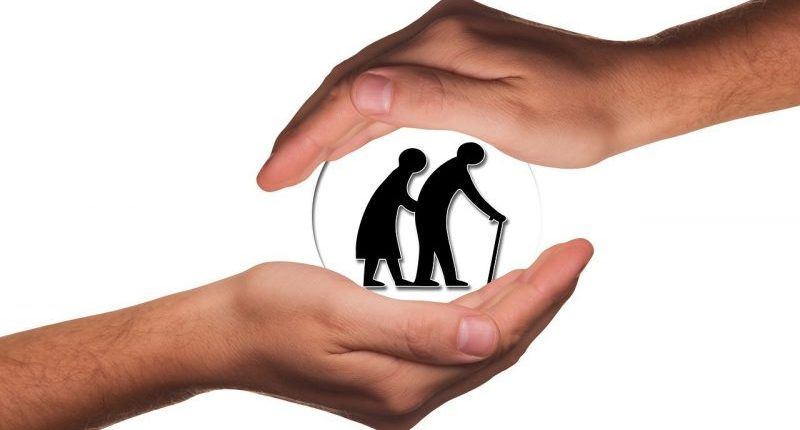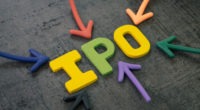The current financial year is near to end on 31st March. You may have exhausted the limit for claiming deductions for eligible investments under chapter VI-A. However, one can claim a deduction for certain expenses incurred during the financial year. One such type of eligible expenditure is medical bills. The amendment in the income tax law during the Budget 2018 allows claiming medical bills paid by the senior citizens of age 60 years and above.
Who can claim such a deduction?
Medical expenditure that any individual incurs for himself or his family member, who are senior citizens, are eligible for deduction under section 80D. Medical bills paid by the individual for his senior citizen parents are also eligible for deduction.
Senior citizen means a person whose age is 60 years and above. Also, the family member means the spouse or dependent children. The deduction is allowed only if such persons are not covered in any medical health insurance policy.
The provision is basically for those senior citizens who incur medical expenses but do not have any backup of medical insurance policy because of unaffordable health insurance premiums. Hence, the new rule will allow them relief from the income tax liability.
The types of medical expenses that are covered are not defined in the act. However, hospitalization and regular medical expenditure like medicines, consultation fees as per the expert’s opinion shall be considered for such purpose.
What is the limit to claim medical expenditure?
The act allows a maximum limit of Rs.50,000 on medical expenses for senior citizen individuals or their family members. However, there is another limit of Rs.50,000 if medical bills are paid for senior citizen parents.
Hence, if you have crossed the age of 60, you can claim the maximum deduction of up to Rs.50,000 on your medical expenses. Additionally, if you have incurred your parents’ medical expenditure (age 60 years or above), you can claim an additional deduction of up to Rs.50,000.
The limit of Rs.50,000 is the overall limit of section 80D. Hence, you can claim the maximum deduction of Rs.50,000 from the health insurance premium, Central Government Health Scheme (CGHS), preventive health check-up and medical expenditure for yourself or your family members, who are senior citizens and additional Rs.50,000 if such expenses are made for senior citizen parents.
Let us the limit of section 80D in various scenarios:
| Particulars | Maximum limit | ||
| Self, spouse and dependent children are NSC*
& Parents are NSC |
Self, spouse and dependent children are NSC
& Parents are SC** |
Self, spouse and dependent children are SC
& Parents are SC |
|
| (A) Medical insurance premium (including preventive health check-up limit of Rs.5,000) of self, spouse and dependent children | Rs.25,000 | Rs.25,000 | Rs.50,000 |
| (B) Medical insurance premium and preventive health check-up taken for parents | Rs.25,000 | Rs.50,000 | Rs.50,000 |
| (C) Medical expenditure of self, spouse and dependent children | Not applicable | Not applicable | Covered within the limit of Rs.50,000 in (A) |
| (D) Medical expenditure for parents | Not applicable | Covered within the limit of Rs.50,000 in (B) | Covered within the limit of Rs.50,000 in (B) |
| Overall Limit under section 80D | Rs.50,000 | Rs.75,000 | Rs.1,00,000 |
*NSC stands for Non-senior citizen
**SC stands for Senior citizen
What is an eligible mode of payment?
You can claim the medical expenditures only if the payment is made from any mode other than cash. Hence, if you have paid the medical bills through debit-card, credit-card, online banking, UPI or wallet payments, you are eligible to claim.
In addition to section 80D, section 80DDB covers certain specified diseases or medical conditions for a given age group. If your medical condition comes under that category, you can claim under section 80DDB. In case the limit has been exhausted or the medical condition does not fall under that category, you can claim the remaining medical expenses can be claimed under section 80D.
For any clarifications/feedback on the topic, please contact the writer at namita.shah@cleartax.in

I’m a chartered accountant and a functional CA writer by profession. Reading and travelling in free time enhances my creativity in work. I enjoy exploring my creative side, and so I keep myself engaged in learning new skills.





